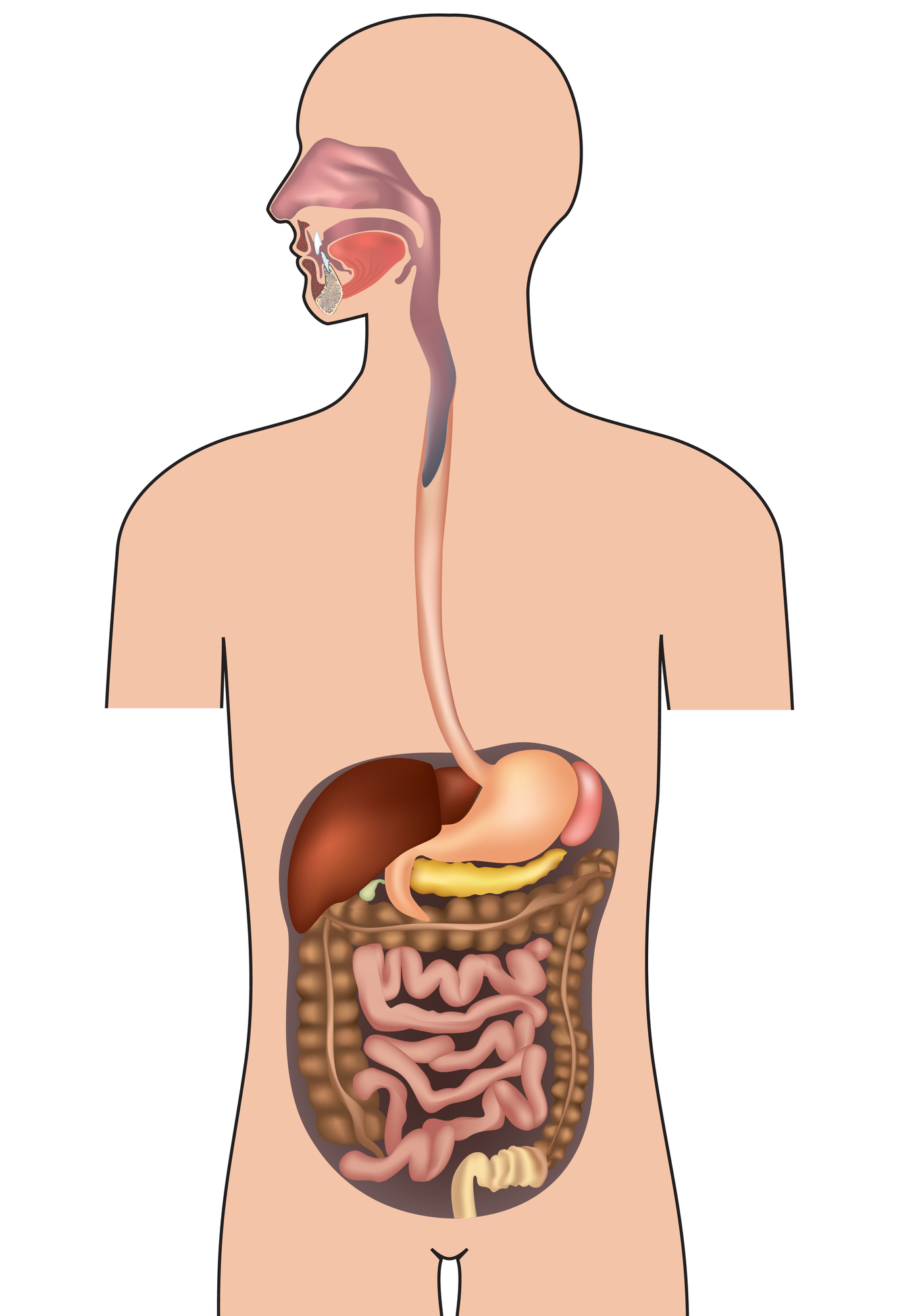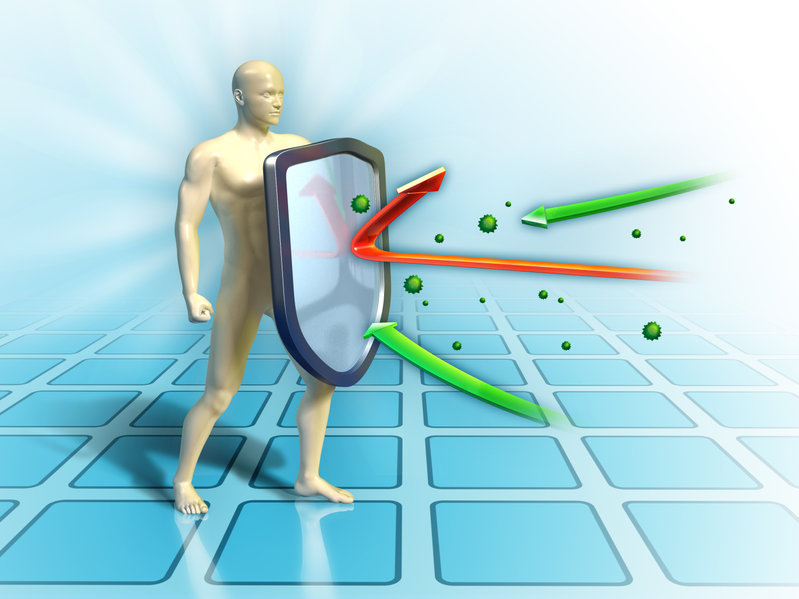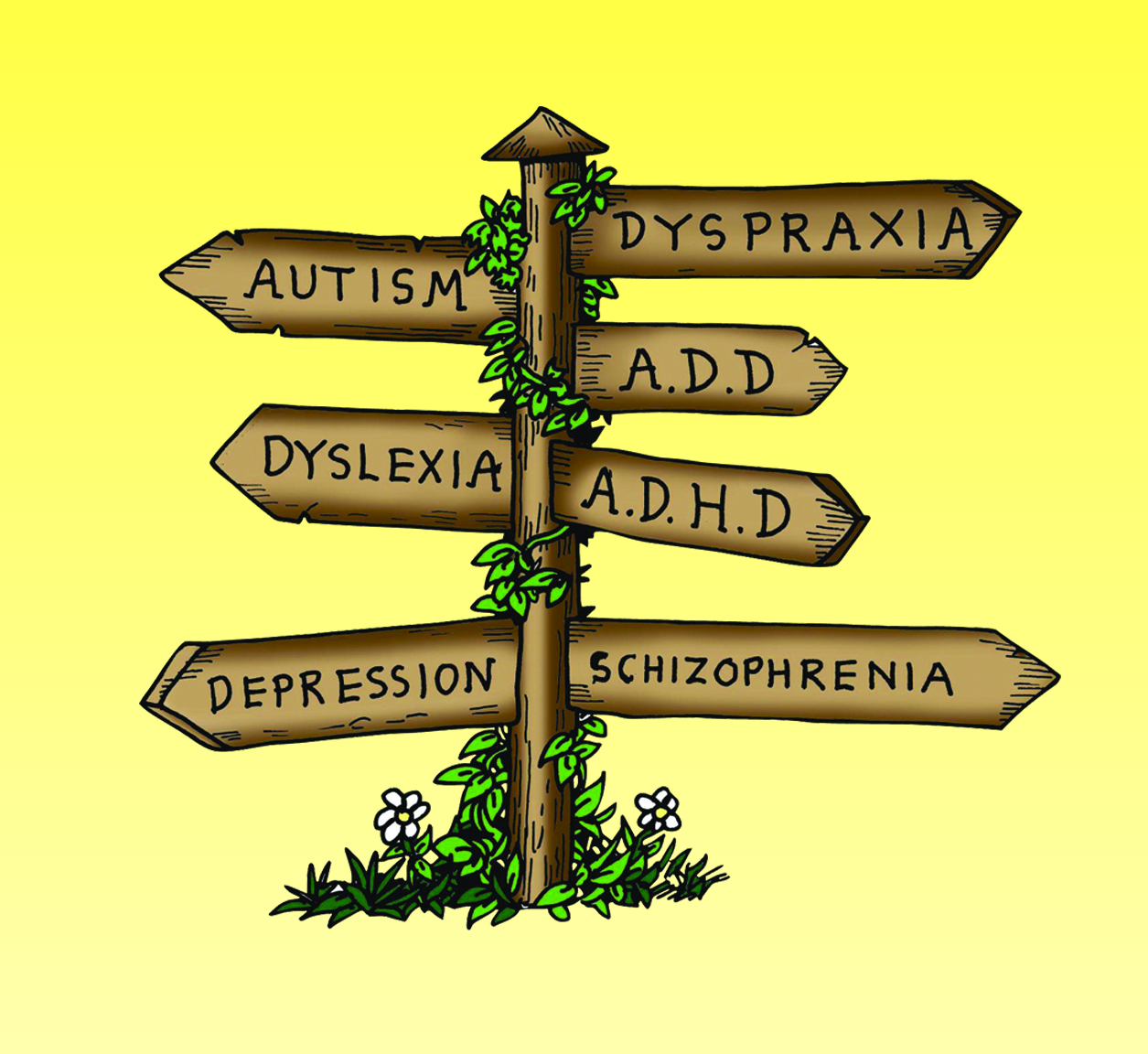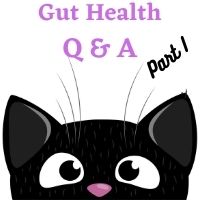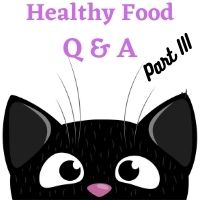Selenium for Immune System Support
Selenium is a trace mineral that was discovered in 1817 by the Swedish chemist, Jons Berzelius. Later on, Selenium was found to be an essential trace mineral to humans’ health including the Immune System.
Science keeps uncovering how Selenium, like many other trace minerals, plays a significant role in different biological processes. It is critical to understand that micronutrients like minerals and, in general, vitamins work together.
Any missing mineral or vitamin for that matter will likely create an imbalance in absorption, and they will negatively affect other chemical actions in the body. For example, Selenium works synergistically with Vitamin E regarding amplifying their positive effects and fighting off free radicals that can damage the cells in the body (1). Another example is how these fat-soluble Vitamins A, D, and K work together in a complementary way and provide health benefits (2).
Selenium and the Immune Function
Although Selenium is a trace mineral, it is needed in a small amount if you compare it with the macro-mineral, Calcium. However, Selenium is an antioxidant, thus supporting the Immune Function and its low level in the human body is linked with heart disease, too (3).
Selenium is needed in the body to make other potent antioxidant enzymes which are glutathione-peroxidase, iodothyronine deiodinases, and thioredoxin reductase (3).
Glutathione-peroxidase: This enzyme has a physiological role in protecting the cells from oxidative stress damage (4). Thioredoxin reductase is part of the cell structure, cell growth, and is protective against oxidative damage. Iodothyronine deiodinases is another enzyme critical for the healthy thyroid gland, and its function is to produce thyroid hormones where they act as an immune response modulator (5).
And the enzyme plays a role in converting thyroxine (T4) to the more active hormone triiodothyronine (T3). It has been demonstrated by scientific research that the immune cells (ex., macrophages, dendritic cells) use the Thyroid Stimulating Hormone (TSH) for a stronger immunity (6).
It is amazing how the body with its organs and systems, including the immune function, works together in a complex and inextricable way. Everything in the body will affect another thing in the body directly and/or indirectly. For example, the liver is not technically considered parts of the Immune System like the spleen or thymus; however, a dysfunctional liver will damage the Immune System eventually.
Sources of Selenium
If you are interested in a selenium supplement, there are mainly two kinds I have seen on the market-- the inorganic form such as selenite or selenate and the organic form is called selenomethionine--and both seem to be bioavailable sources for human consumption (6). If I have the choice, personally I would go for the organic form--selenomethionine--but that is just my hunch.
Food Sources of Selenium
- Brazil nuts contain the highest amount of Selenium.
- Seafood such as Tuna and Sardines
- Grains (hopefully that are grown in selenium-rich soil)
Sources


